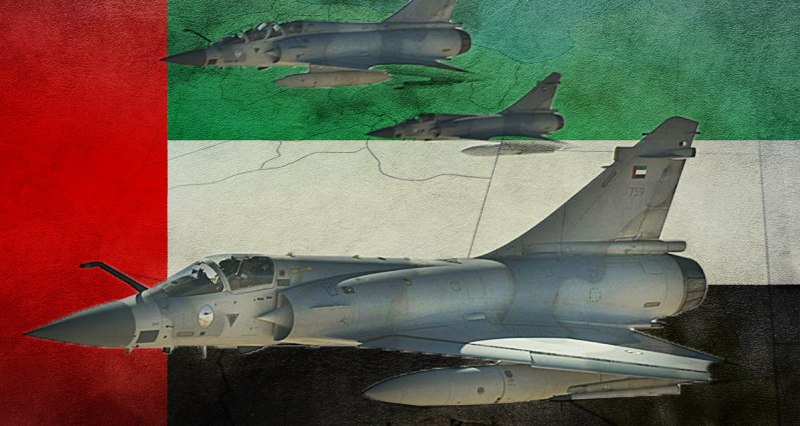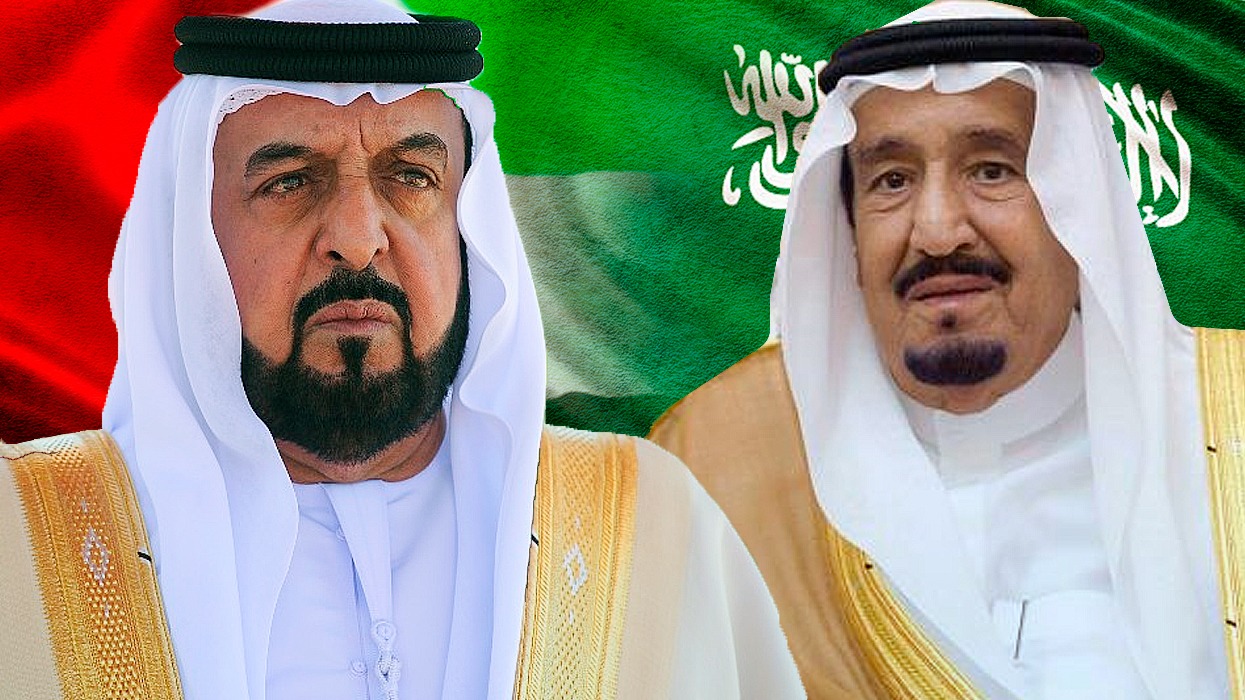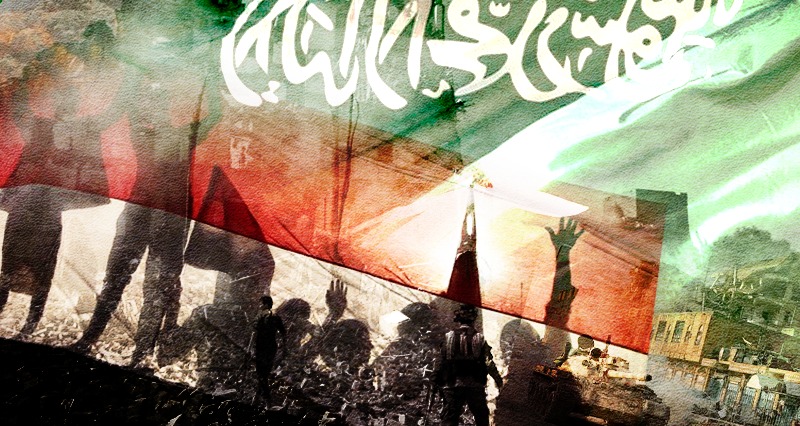While the normalization agreements were signed between Israel, the UAE and Bahrain, the 3 countries also jointly signed the text called “the Abraham Accords”. Reactions from the countries of the region, especially from the Palestinian administration, are rising against the “normalization” process with Israel. We discussed the impact of the agreements “to normalize relations” signed at the White House on the ...
By Prof. Dr. Mehmet Seyfettin Erol After US President Donald Trump announced on August 13 that Israel and the United Arab Emirates (UAE) had reached an agreement to “completely normalize their relations”, all eyes turned to the Arab-Israeli issue and Palestine once again. This development, which initially ignored Palestine altogether, appeared as a new rupture with the Gulf states in ...
Protests in Belarus Post-election protests in Belarus became the focus of international organizations, politicians and the media. Several serious clashes between the demonstrators and the police were reported. On Sunday, a rally of thousands of opponents of the current Belarusian authorities took place in Minsk; the event was not coordinated with the city authorities. Participants of the rally held protest ...
A new wave of escalation has flared up in Libya due to the latest airstrikes on the Al-Watiya airbase. The attack was leveled against a military facility located 140 km south of Tripoli, and damaged Turkish air defence systems housed there. Ankara officials warn that the incident is likely to escalate the ongoing conflict in the wartorn North African country. ...
A rivalry between Saudi Arabia and the UAE has emerged in southern Yemen, the winner of which stands to greatly strengthen its position in the international arena. However, this power struggle is taking place as a result of the crisis in Yemen, likely the worst humanitarian disaster of the 21st century. THE SIDES OF THE CONFLICT Yemen has two ...
Once Saudi Arabia’ key ally in Yemen war, the United Arab Emirates (UAE), has seemingly parted ways with Riyadh, leaving North Yemen and calling for the independence of South Yemen. Saudi Arabia, on the other hand, believes in Ansarullah hegemony in the north, fearing Iran’s influence will spread in the region. This has led to new friction between Riyadh and ...

















